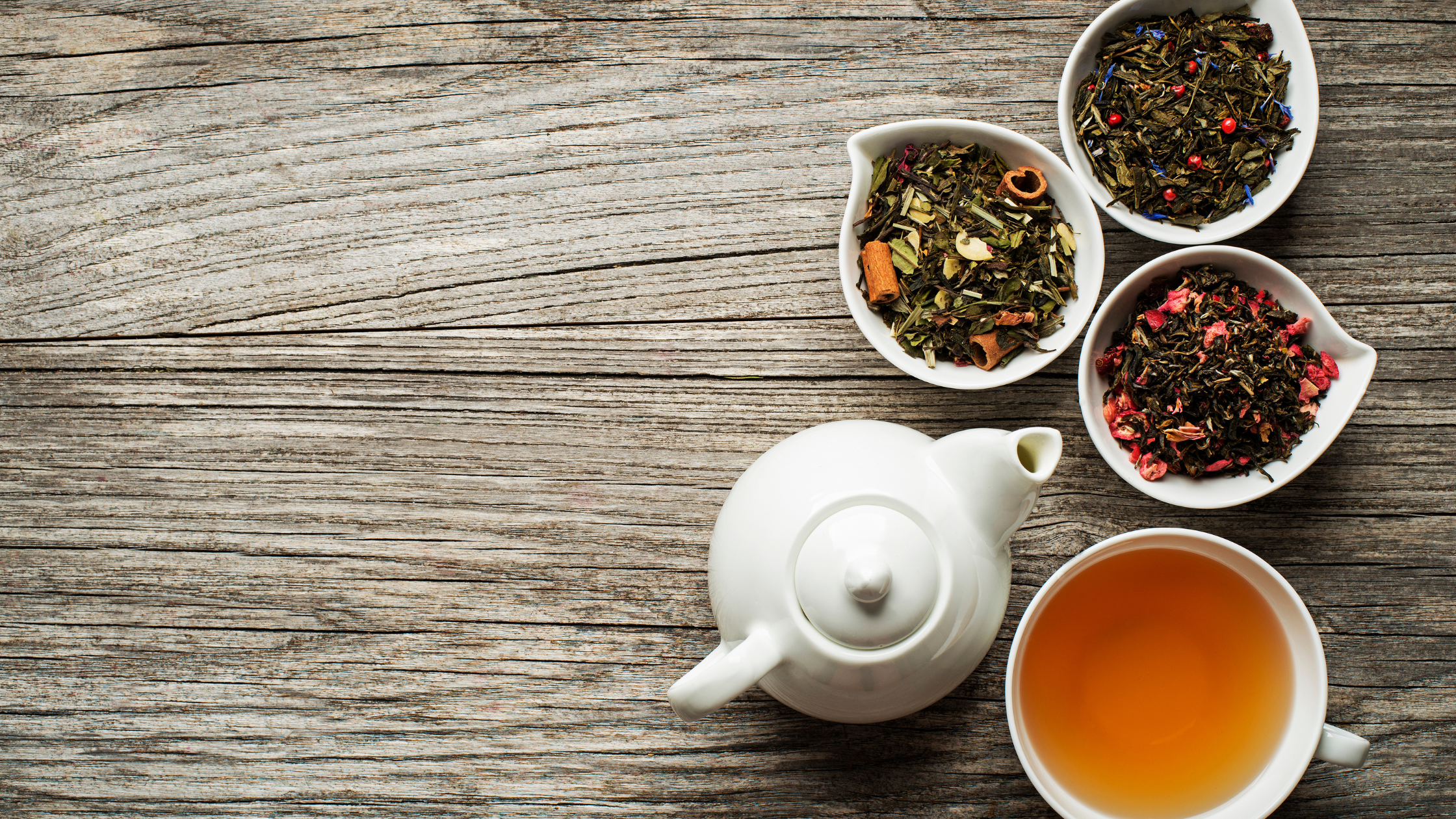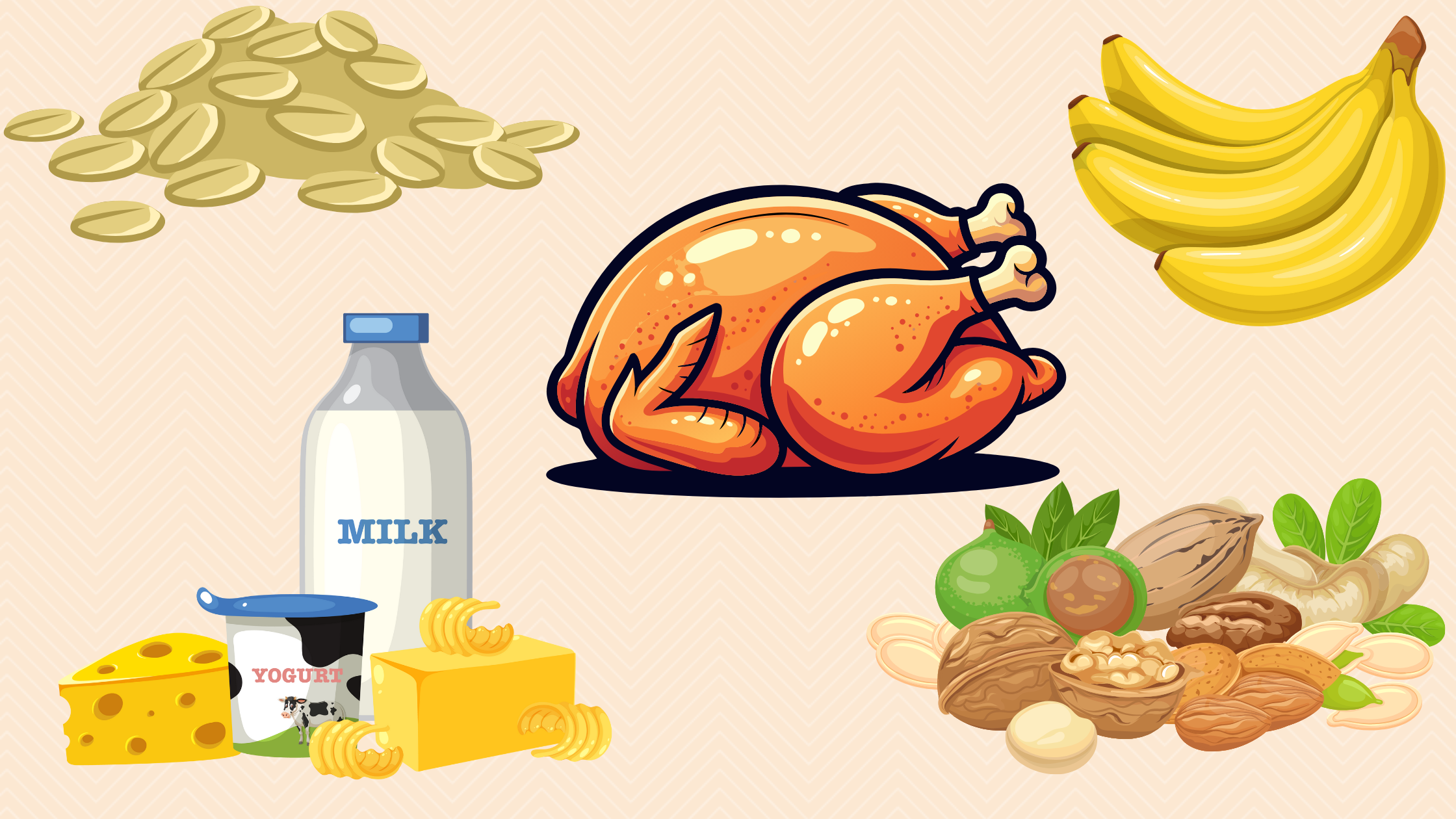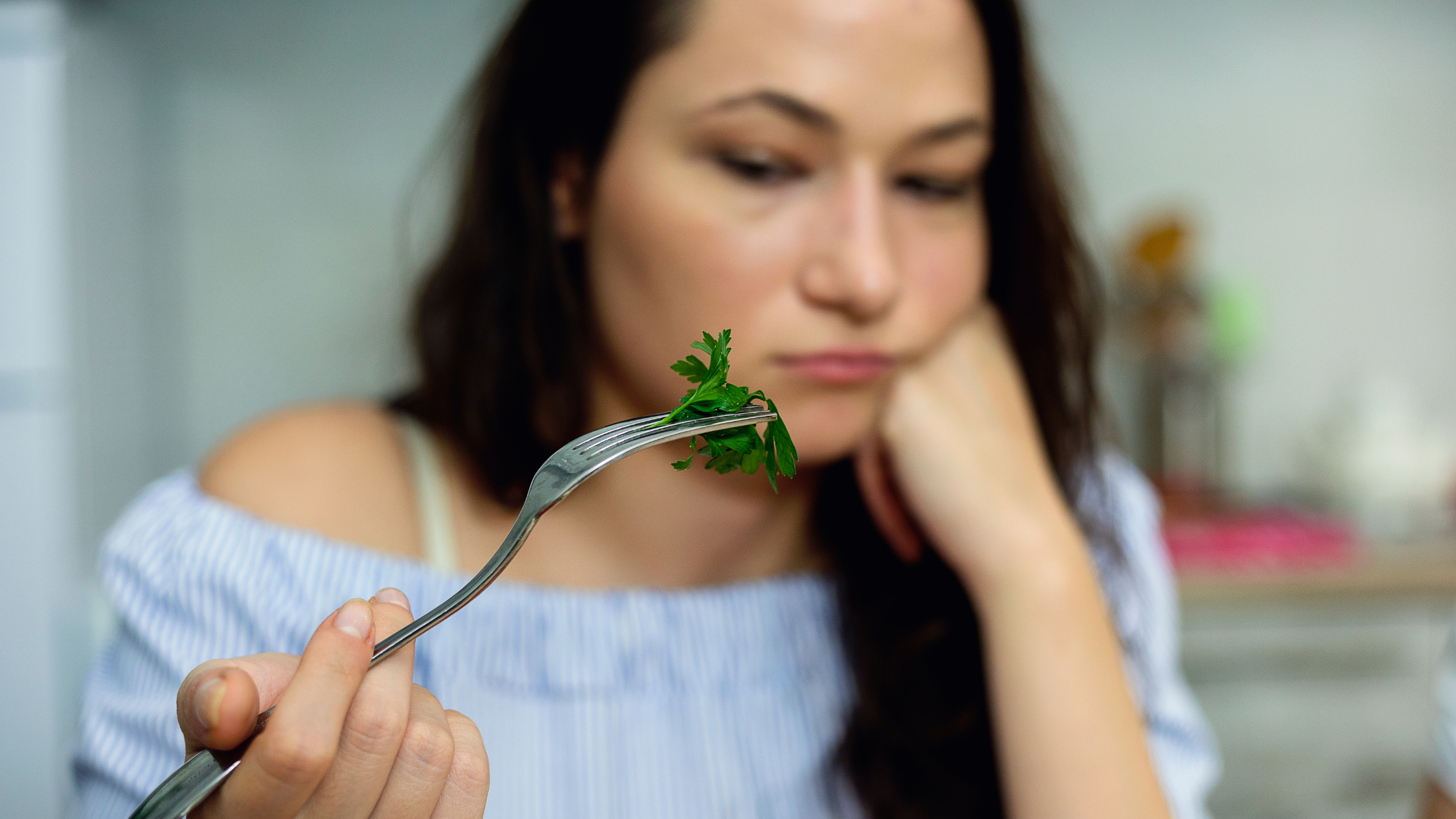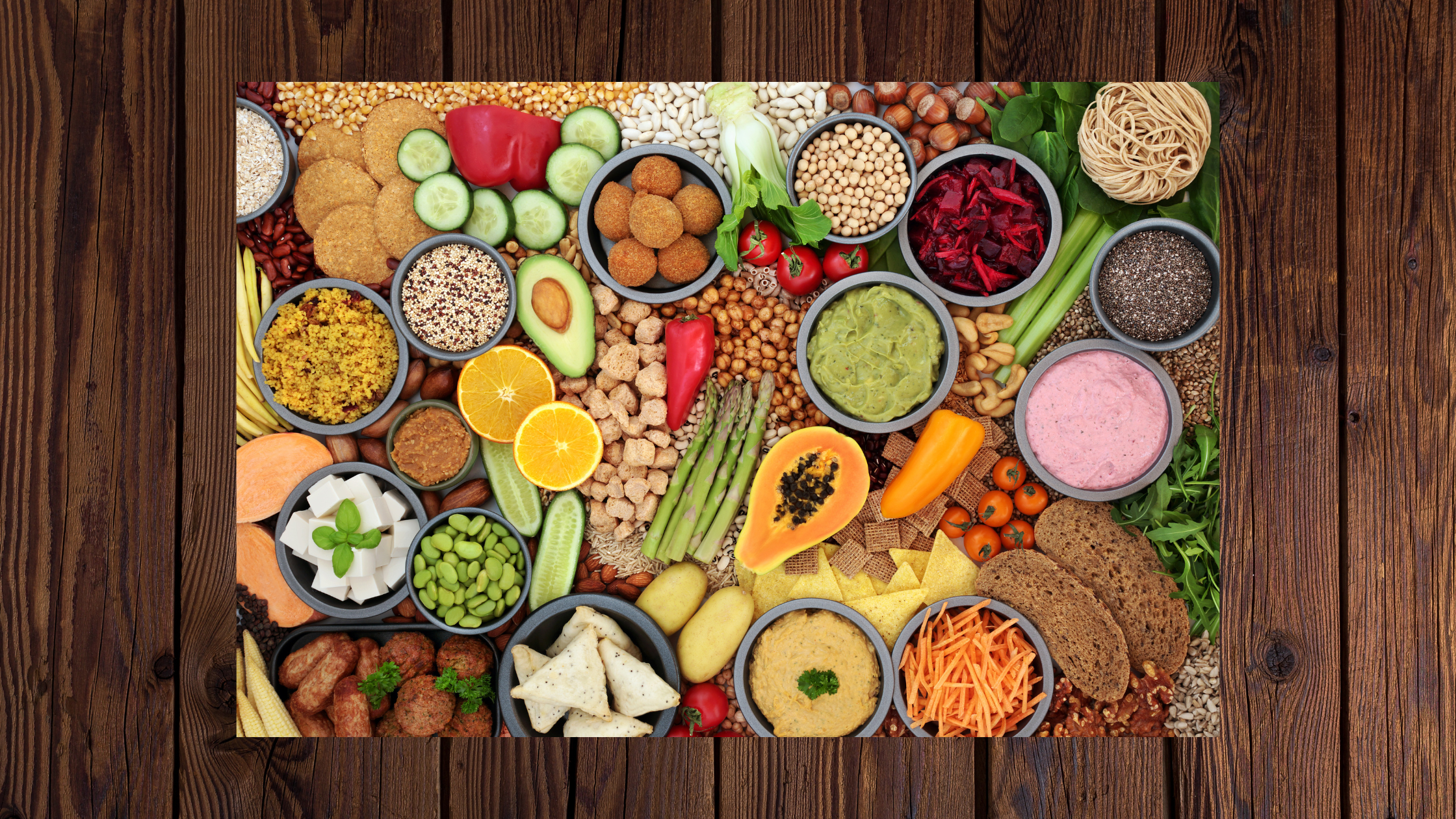Have you ever noticed that after a poor night of sleep, you crave chips, cookies, or something sugary the next day? That’s not just a lack of willpower—it’s biology.
Sleep and snacking are deeply connected through hormones, brain function, and decision-making. When sleep is disrupted, your body and brain shift in ways that make high-calorie foods much harder to resist.
Let’s break down why.










